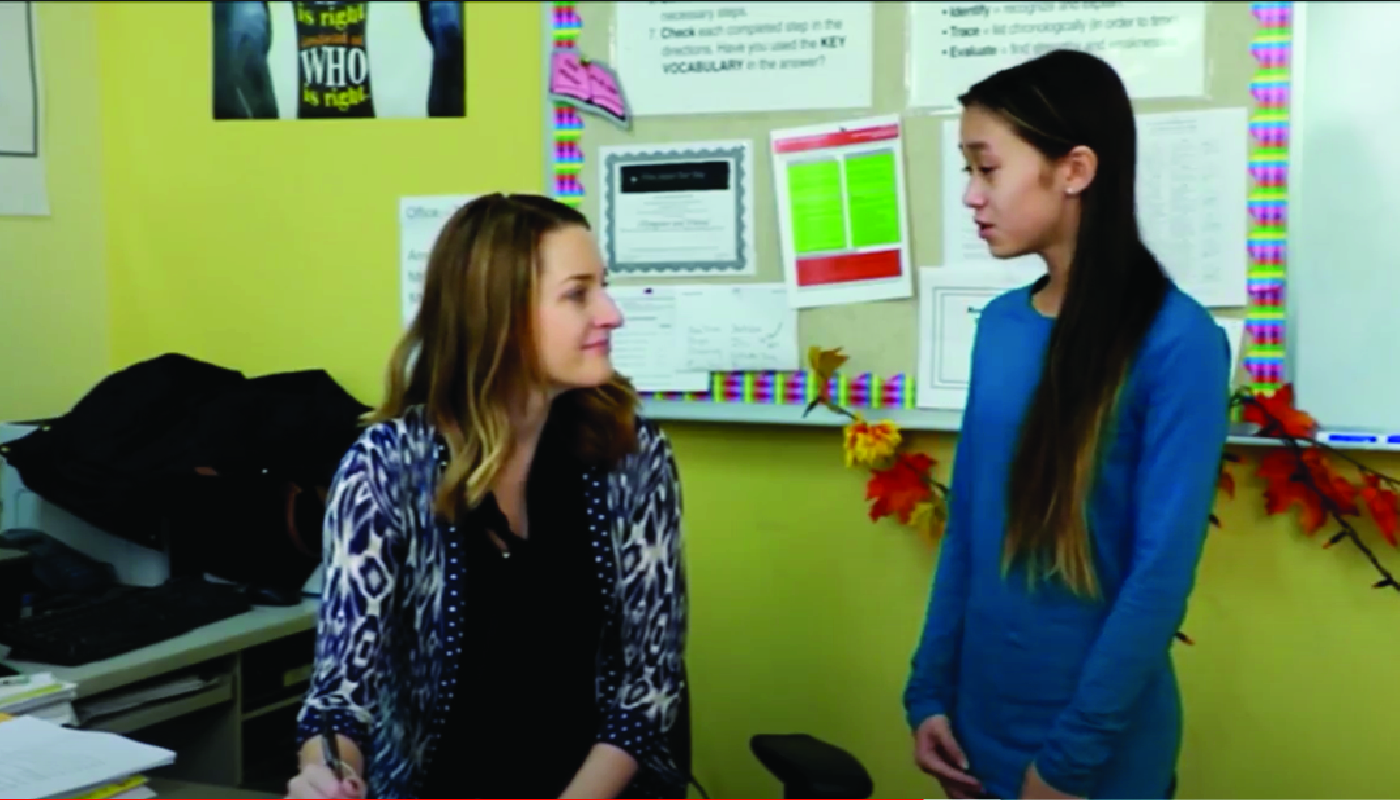
Introduction
As educators, we play a vital role in helping students develop important social-emotional skills. One such skill is the ability to recognize when they need a break and how to ask for it appropriately. In this blog post, we will explore the importance of teaching students to ask for a break when they feel stressed, angry, or frustrated and provide an easy, no-prep activity to help them practice this skill. We will also discuss related skills and how to access free sample materials for further learning.
No-Prep Activity: The Break Request Role-Play
This simple activity requires no preparation or materials and can be done in any classroom setting. The purpose of this activity is to help students practice asking for a break in a safe and controlled environment.
- Divide the class into pairs. One student will play the role of the teacher, and the other will play the role of the student who needs a break.
- Give the “students” a scenario where they might feel stressed, angry, or frustrated, and need to ask for a break (e.g., struggling with a difficult assignment, having a disagreement with a classmate).
- Have the “students” practice asking for a break using the steps outlined in the prompt: noticing their feelings, taking a deep breath, and calmly asking the “teacher” for a break using a kind tone of voice.
- After each pair has had a chance to practice, encourage them to switch roles and repeat the activity.
Discussion Questions
- Why is it important to recognize when we need a break and ask for it appropriately?
- What are some signs that you might need a break? How can you become more aware of these signs?
- How did it feel to ask for a break during the role-play? What challenges did you face, and how can you overcome them?
- What other strategies can you use to stay calm when you feel stressed, angry, or frustrated?
- How can you support your classmates when they need a break?
Related Skills
Teaching students to ask for a break is just one aspect of social-emotional learning. Other related skills that educators can help students develop include:
- Self-awareness: Recognizing and understanding one’s emotions and how they affect behavior.
- Self-regulation: Managing emotions and behaviors in a healthy and productive manner.
- Communication: Expressing oneself effectively and appropriately, both verbally and nonverbally.
- Empathy: Understanding and sharing the feelings of others.
- Problem-solving: Identifying and resolving personal and interpersonal conflicts effectively.
Next Steps
As educators, it is crucial to provide students with opportunities to develop and practice social-emotional skills like asking for a break. To help you incorporate more of these skills into your classroom, we encourage you to sign up for free sample materials from Everyday Speech. These resources will support you in fostering a positive learning environment where students can grow and thrive both socially and emotionally.

